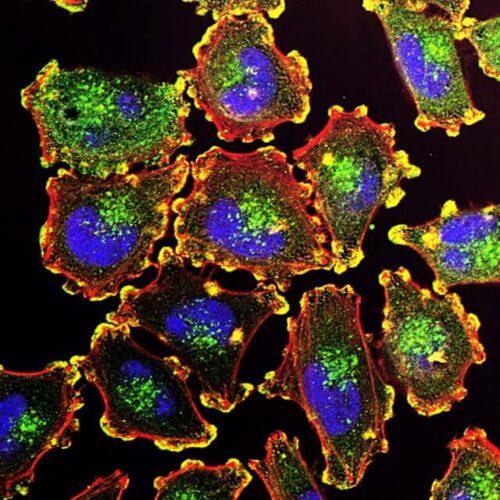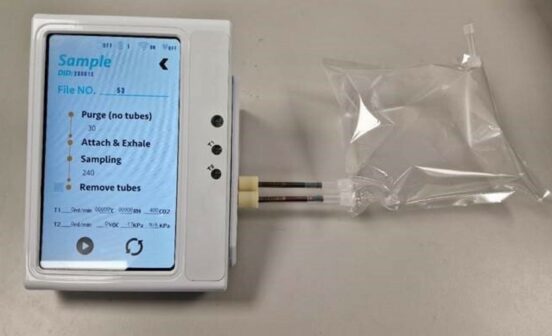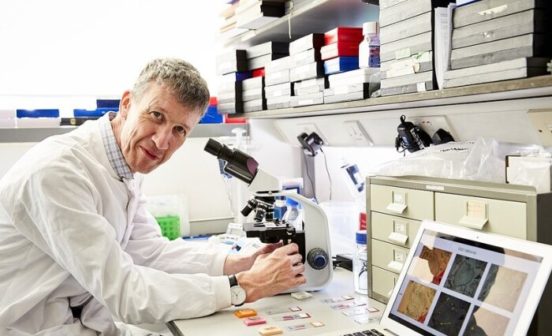Improved OutcomesOperational ExcellenceService Delivery Changes Options for treatment resistant cancers

A main characteristic of cancer cells is their uncontrolled cell division and a protein called CDK7 is known to promote cell division and activate cancer-causing proteins. NIHR Imperial BRC supported researchers were the first to show CDK7 activates the estrogen receptor, which promotes breast cancer growth. Additionally, the team showed that CDK7 levels and estrogen receptor activity were increased in cancers that are resistant to hormone therapy.
This work prompted a collaboration with Imperial College London’s Department of Chemistry to develop the first CDK7 inhibitor. The team developed an orally bioavailable drug that could block the CDK7 protein. Clinical trials delivered in the NIHR Imperial CRF and supported by the BRC and Cancer Research UK showed the drug was effective at treating hormone therapy-resistant and triple negative breast cancers. Larger studies showed its potential for other cancers, such as bowel cancer and recurrent prostate cancer. Now known as Samuraciclib, the drug has been licenced to Carrick Therapeutics and has been granted dual FDA fast track status for its use in combination with SERDs for treating advanced hormone therapy-resistant breast cancer and in monotherapy for the treatment of triple negative breast cancer. The drug is now in trials in many countries.




